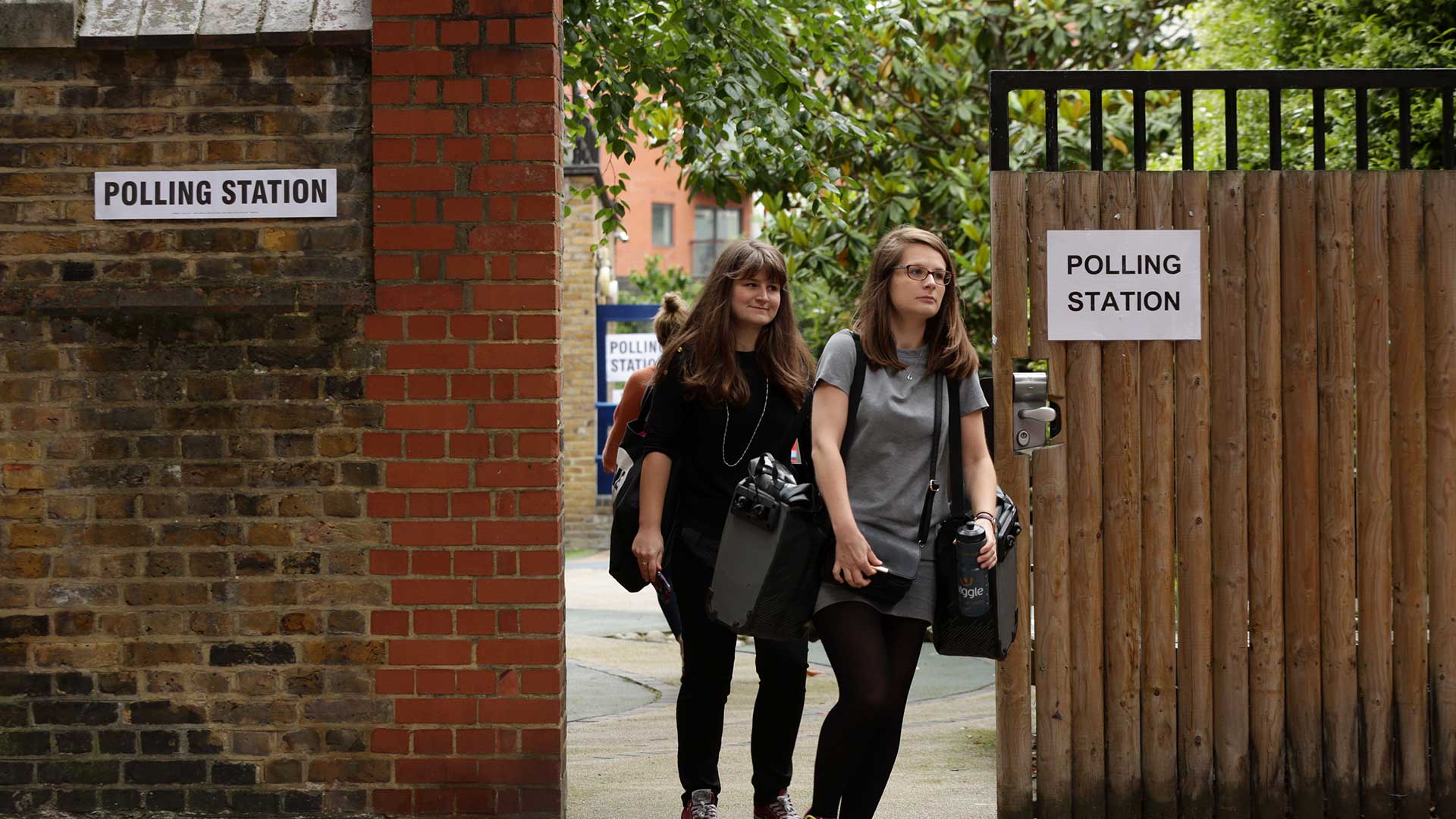Initially, I was dismissive. When it was announced that 16- and 17-year-olds would have a vote in the Scottish referendum of 2014 I joined the chorus of moans.
How would they bring anything to the debate? If they look up from their Instagram and Snapchat conversations for a moment, they’ll be lost and fearful and confused and so would back anybody or anything that will talk about Ed Sheeran and give them a voucher for H&M.
Clearly this was not the case. Talking to new young voters ahead of that poll, I found them to be as informed as many older voters and also to have really forensically debated the pros and cons before they came to their own reasoned decisions.
The young voters were informed, forensically debating the pros and cons before they came to their own decisions
Still, opposition remains entrenched. And many of the previously rehearsed arguments rose again in the debate about lowering the voting age in Westminster last week.
Younger voters, said a venerable member, would find the topics too complicated. Online, the now-standard ‘this only benefits the left’ argument grew.
There are a couple of parts to that. If there is a belief that younger voters have a natural inclination one way, how about engaging with them rather than sneeringly dismissing them? Making a reasoned pitch and then see how the cards fall. There is an associated wider issue here that we must not shy away from. It’s vital that everybody, not just 16- and 17-year-old potential voters, are introduced to opposing points of view and learn how to engage with them rather than closing the door and refusing.









